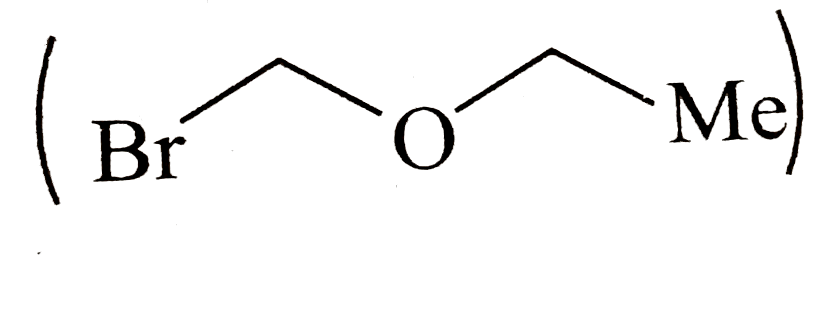Complete Solutions to Assertion-Reasoning of chapter ORGANIC REACTION MECHANISM of Class 11 book with complete answers and questions
| Class 11 | CHEMISTRY |
| Chapter | ORGANIC REACTION MECHANISM |
| CENGAGE CHEMISTRY | Assertion-Reasoning |
| Number Of Questions | 12 |
| Academic Year | 2023-24 |
`1^@` allylic halides are more reactive than `1^@ RX` in `SN^1` reaction.
Allylic carbocation intermediate is stabilished by resonance.01:34View SolutionWalden inversion takes place in `SN^2` reaction.
Half-life period of `SN^2` reaction is inversely proportional to the concentration of the substrate or nucleophile or both.01:43View SolutionChlorination of allylic hydrogen is difficult than vinylic hydrogen.
Allyl radical is stabilished by resonance.01:24View SolutionHeavy metal ions `Ag^+` or `Pb^(2+)` decrease `SN^1` reactivity.
They aid ionisation of `RX`.01:22View SolutionCrown ether acts as phase transfer catalysis and increases `SN^2` reactivity.
They strongly complex cation and leave anion (nulceophile) with increased reactivity.01:43View Solution`RS^(Ө)` is a stronger nucleophile and a better leaving group than `RO^(Ө)`.
`RS^(Ө)` is a weaker base than `RS^(Ө)`.03:20View Solution
The product `(B)` results by `SN^2` mechanism and product `(c)` results by `SN^(2')` mechanism.01:56View Solution`(I) Mel+PH_(3)overset(60% "acetone")overset(+40%H_(2)O)toMeoverset(oplus)(P)H_(3)+I^(Theta)`
`(II) Mel+PH_(3)overset(H_(2)O)toMeoverset(oplus)(P)H_(3)+I^(Theta)`
Increase in solvent polarity stablilises the `T.S`., lowers `E_(act)`, and increases the rate.01:55View SolutionElcB` reaction is favoured by stabilisation of carbanion and poor leaving group.
The reaction is kinetically of the second order and unimolecular.02:00View SolutionRate of ethanolysis of `1^@` halide
 by `SN^1` machanism is fast.
by `SN^1` machanism is fast.
Carocation is stabilised by resonance.01:54View SolutionPhenol is more reactive than benzene towards electrophilic substitution reaction.
In case of Phenol, the intermediate carbocation is more resonance stabilised.01:56View SolutionAddition of bromine to trans-2-butene yields meso-2,3-dibromobutane.
Bromine addition is an electrophilic addition.01:54View Solution
Assertion-Reasoning questions and complete solutions for chapter ORGANIC REACTION MECHANISM of CENGAGE CHEMISTRY (HINGLISH) of Class 11
